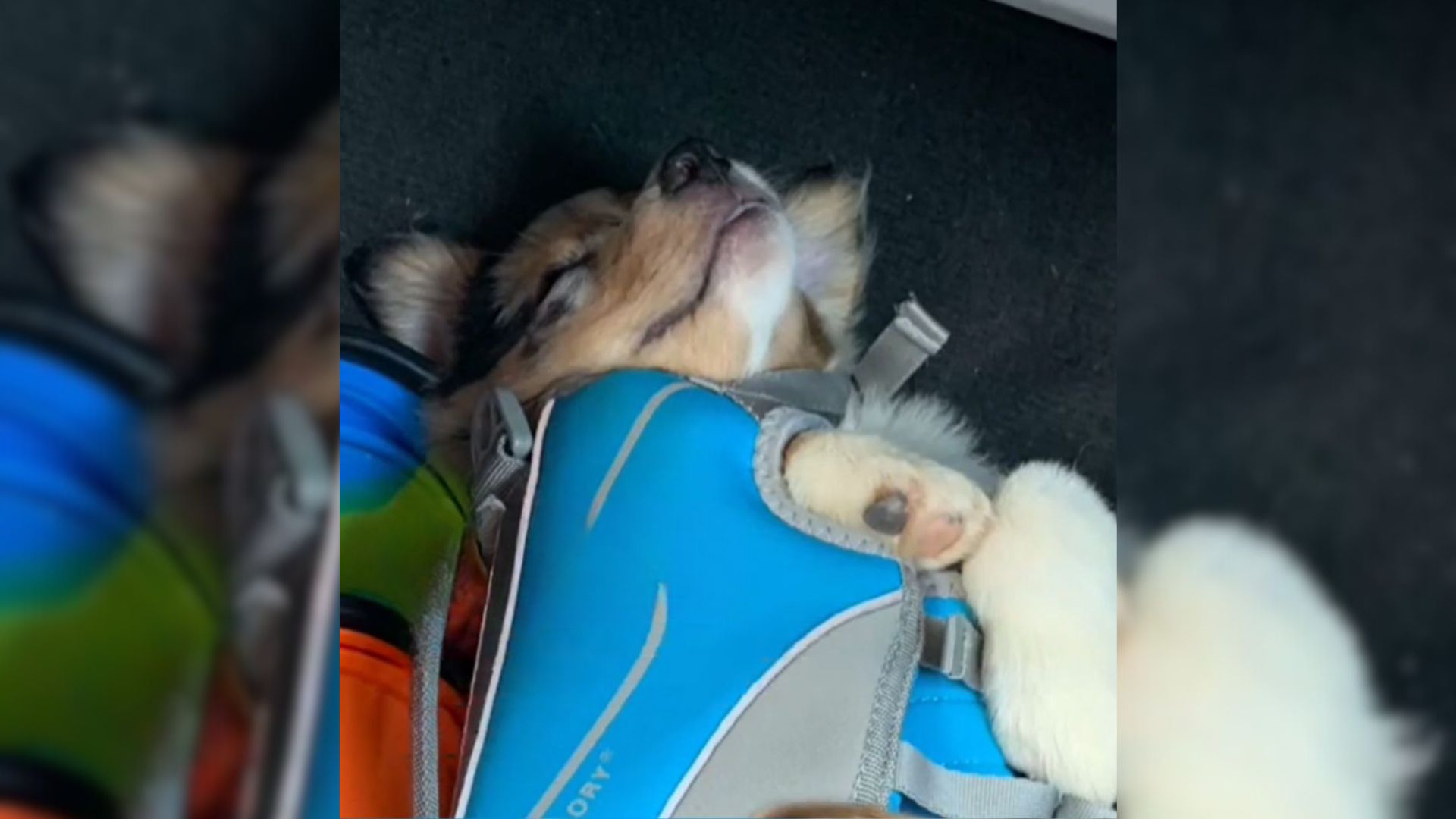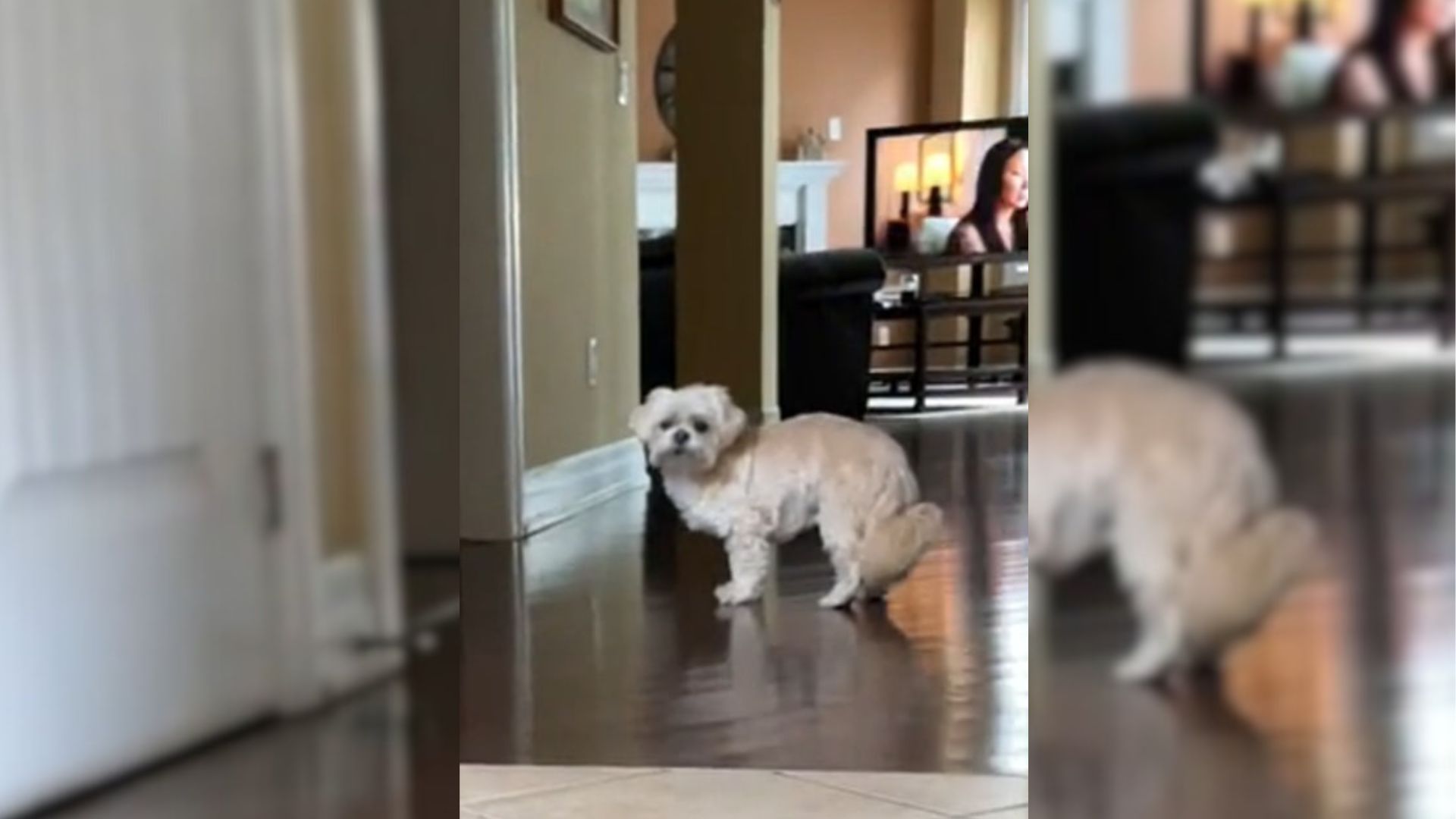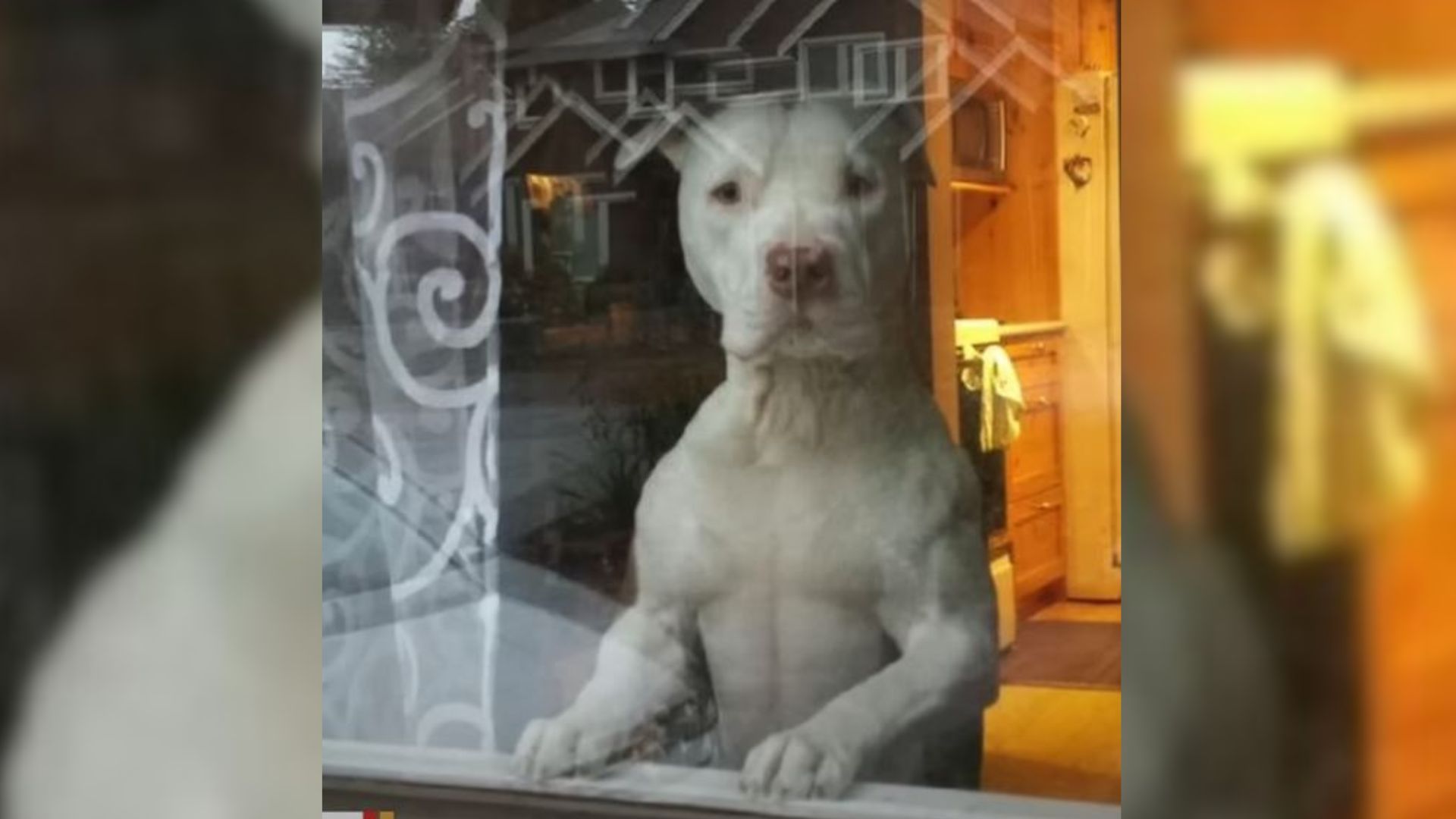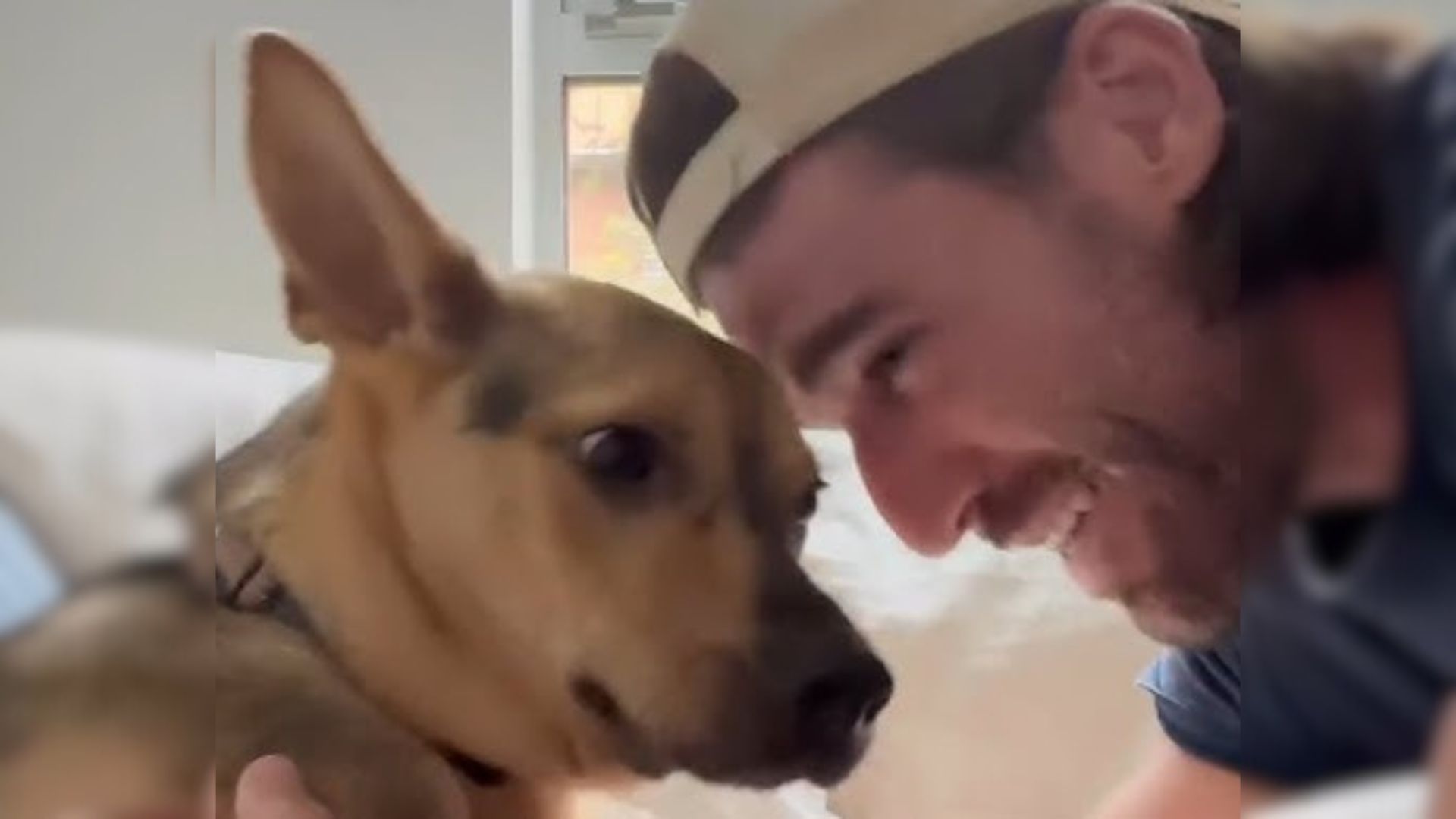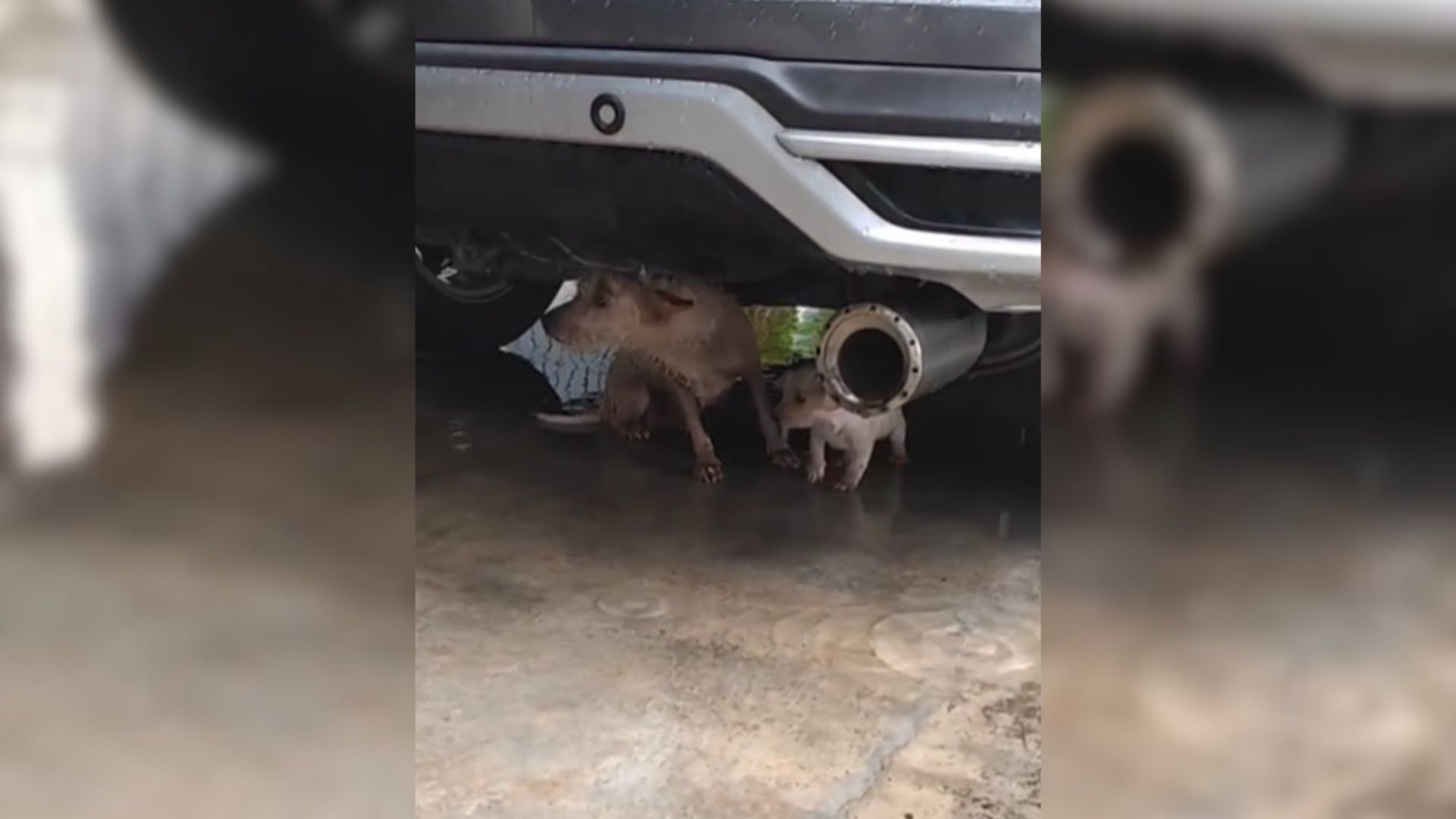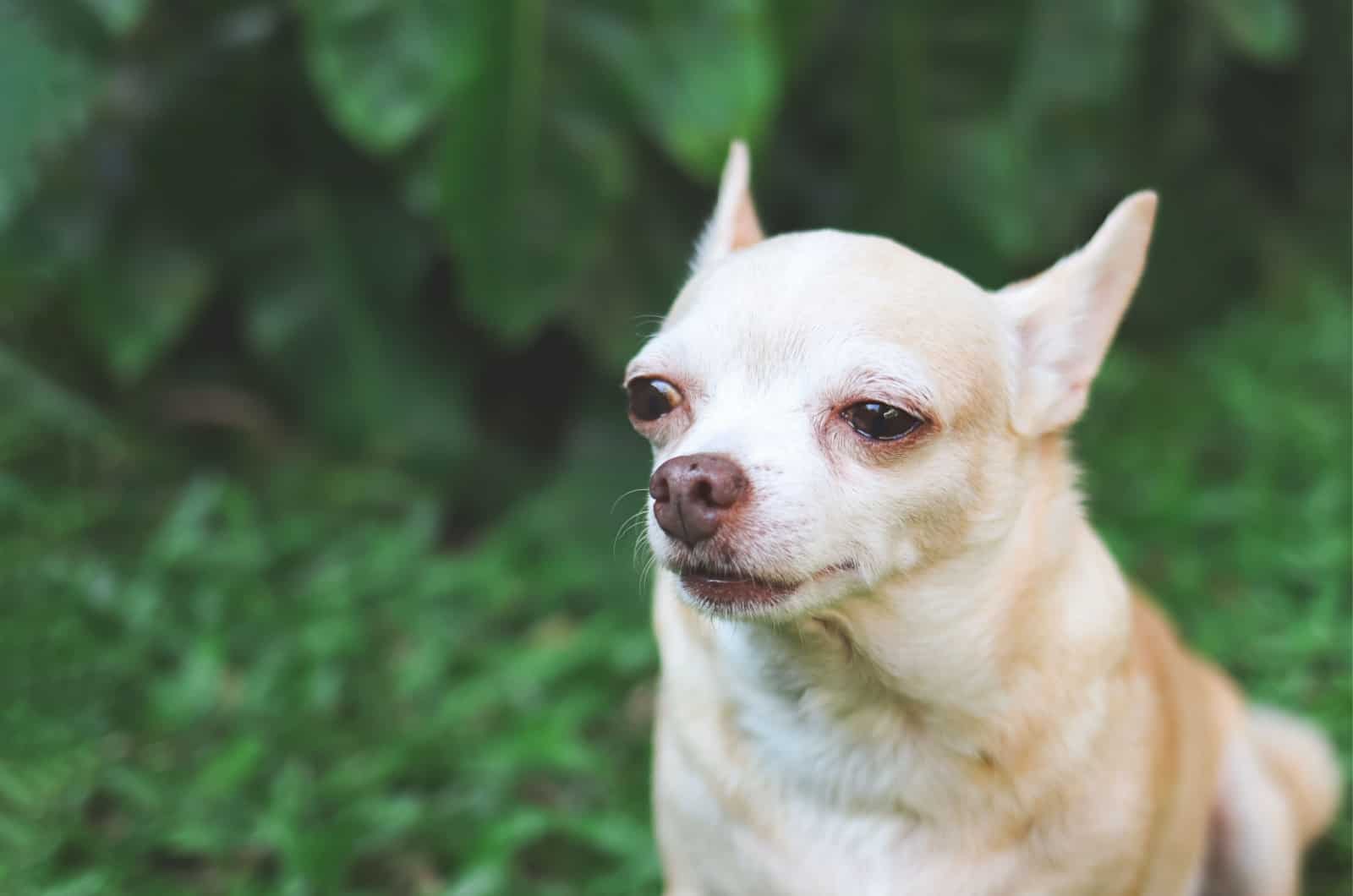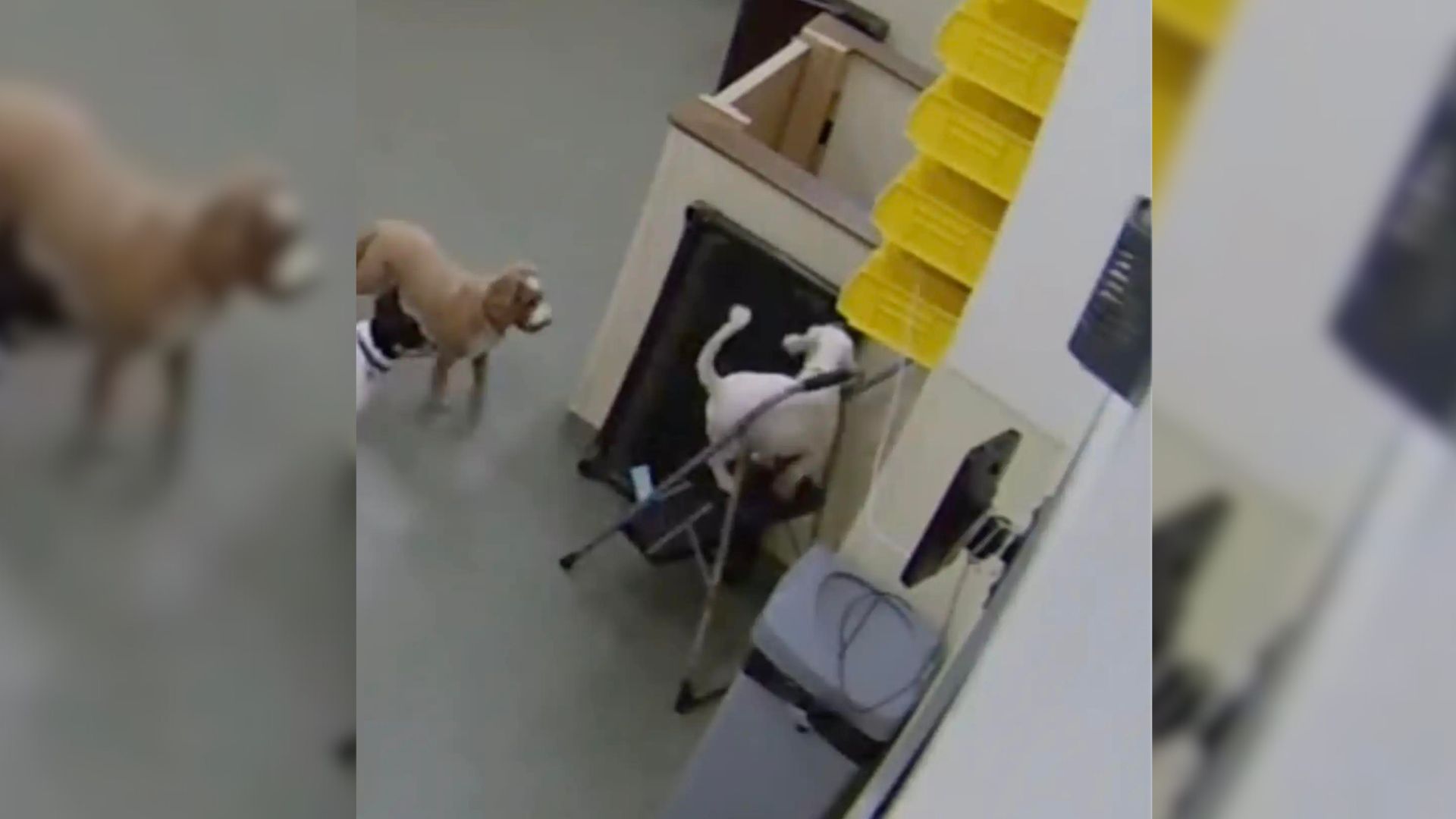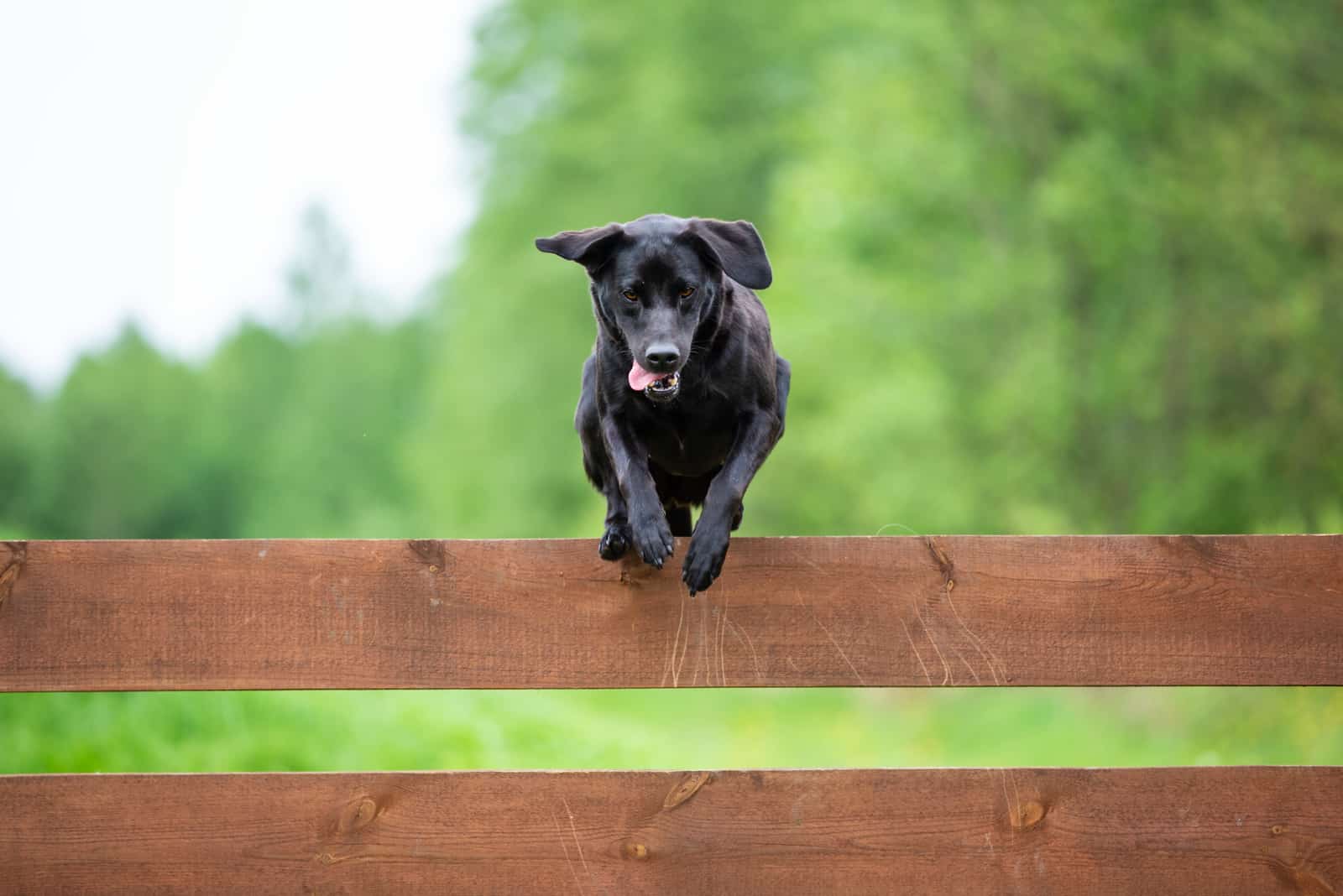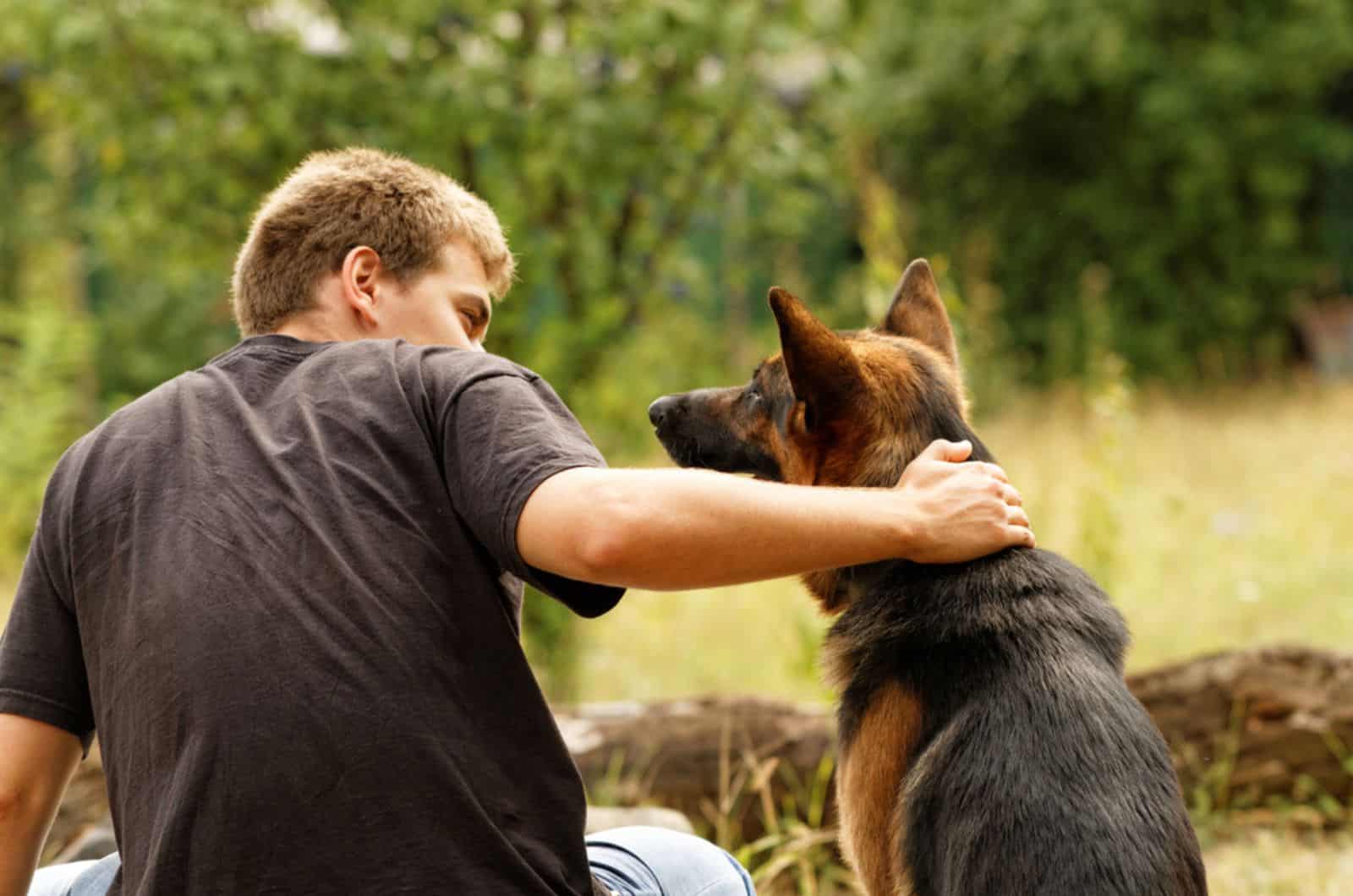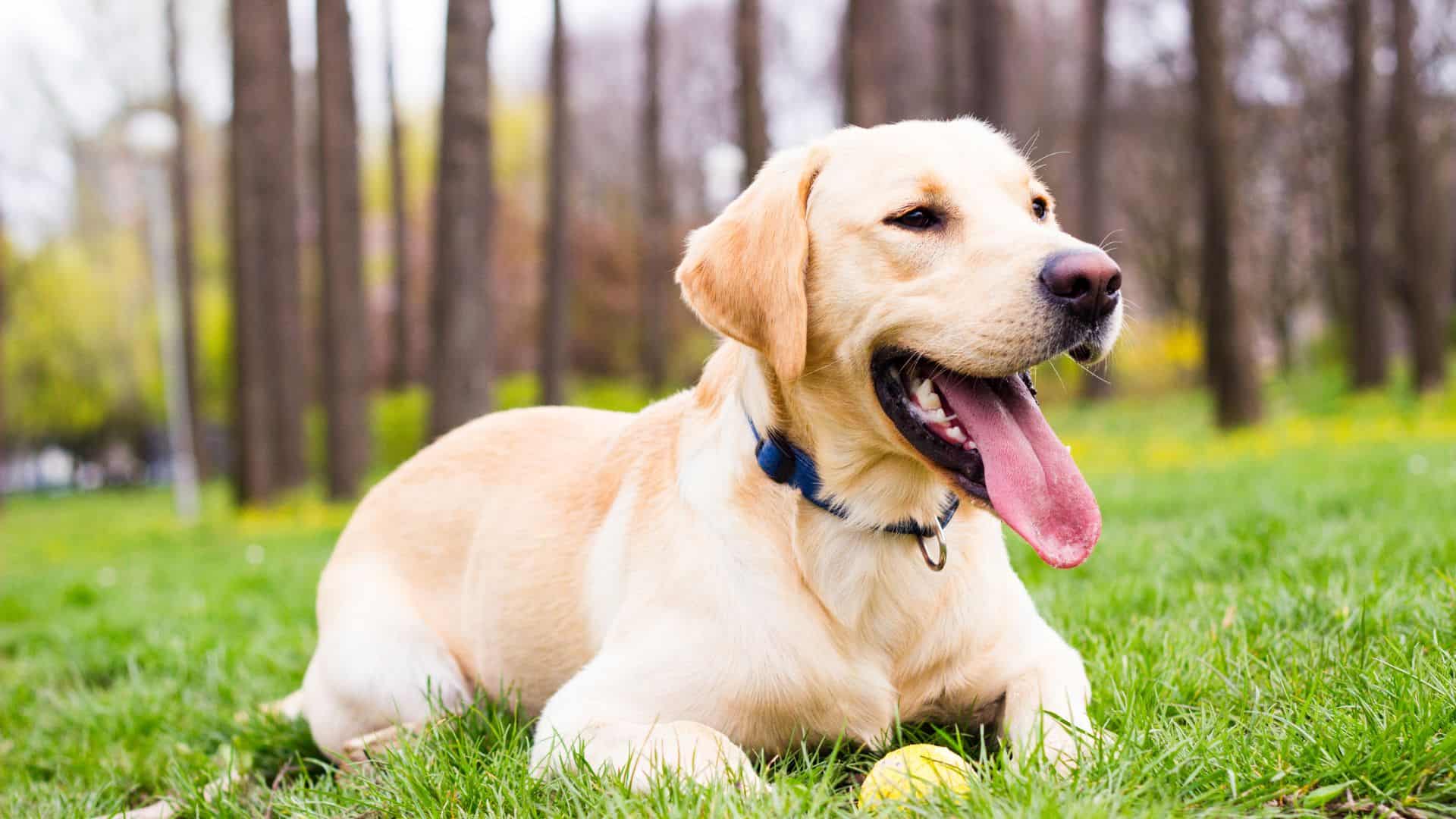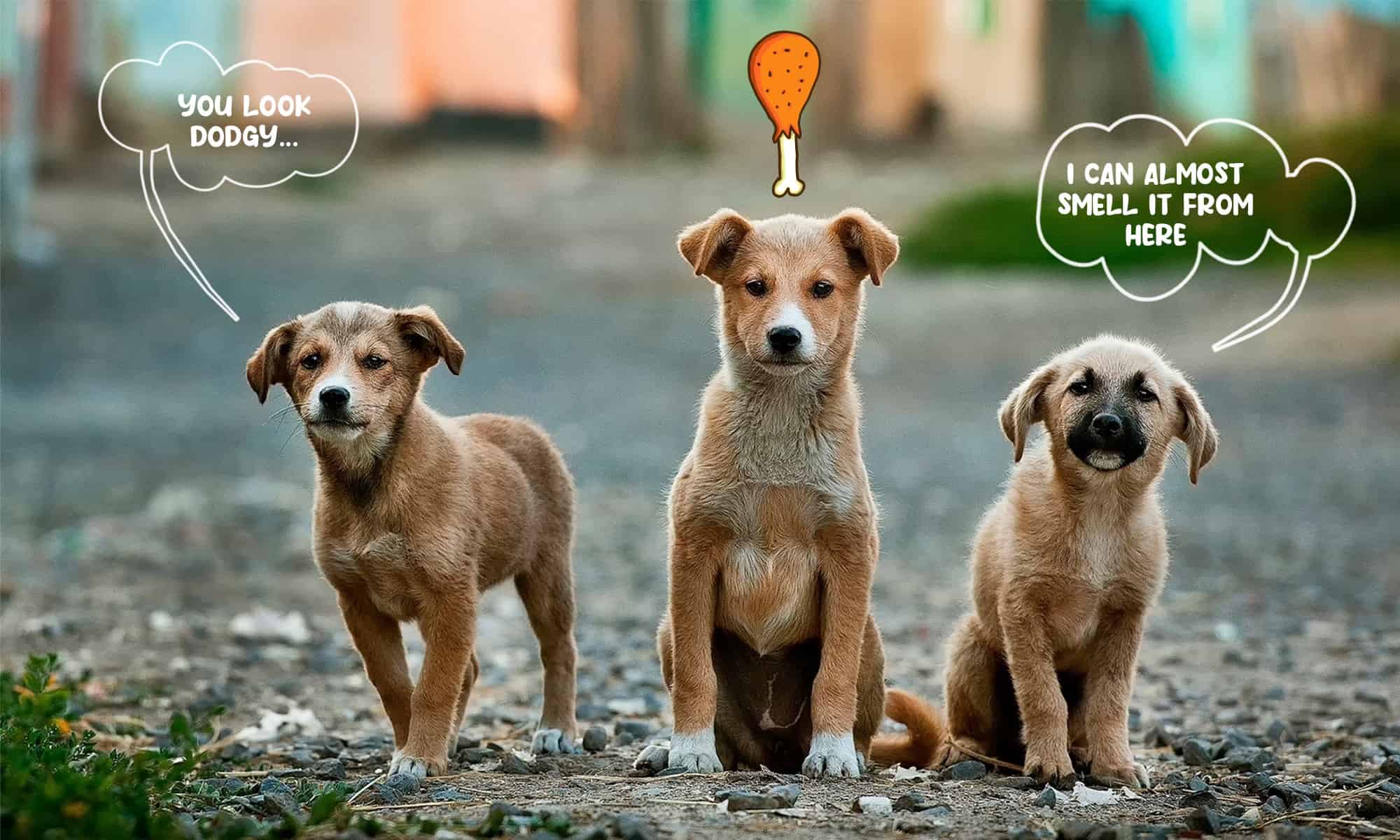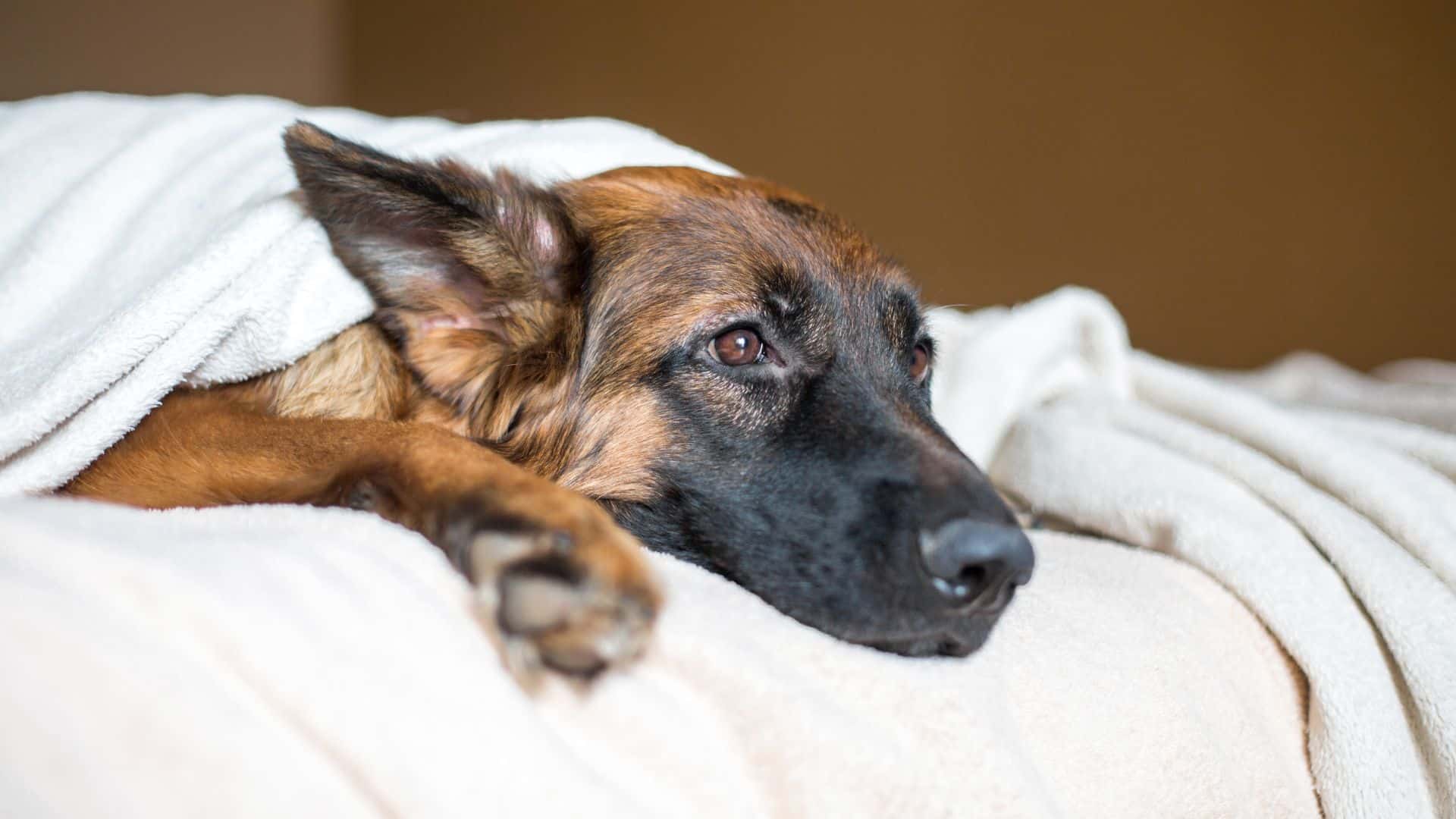Hello. It’s time to talk about belly rubs and the science behind it.
There is nothing more rewarding than the look of sheer happiness on your furry friend and that little spark of joy in his eyes. You simply cannot help but to crack a smile. The overall joy that this simple action brings to everyone is truly magnificent.
Thinking about dogs and belly rubs, a couple of questions entered my mind: “why do dogs like belly rubs so much?”, “do ALL dogs like belly rubs?”, and “should you give your dog belly rubs?”
The answer to these important questions and much more you will find right below.
Lesson #1: Why Do Dogs Like Belly Rubs?
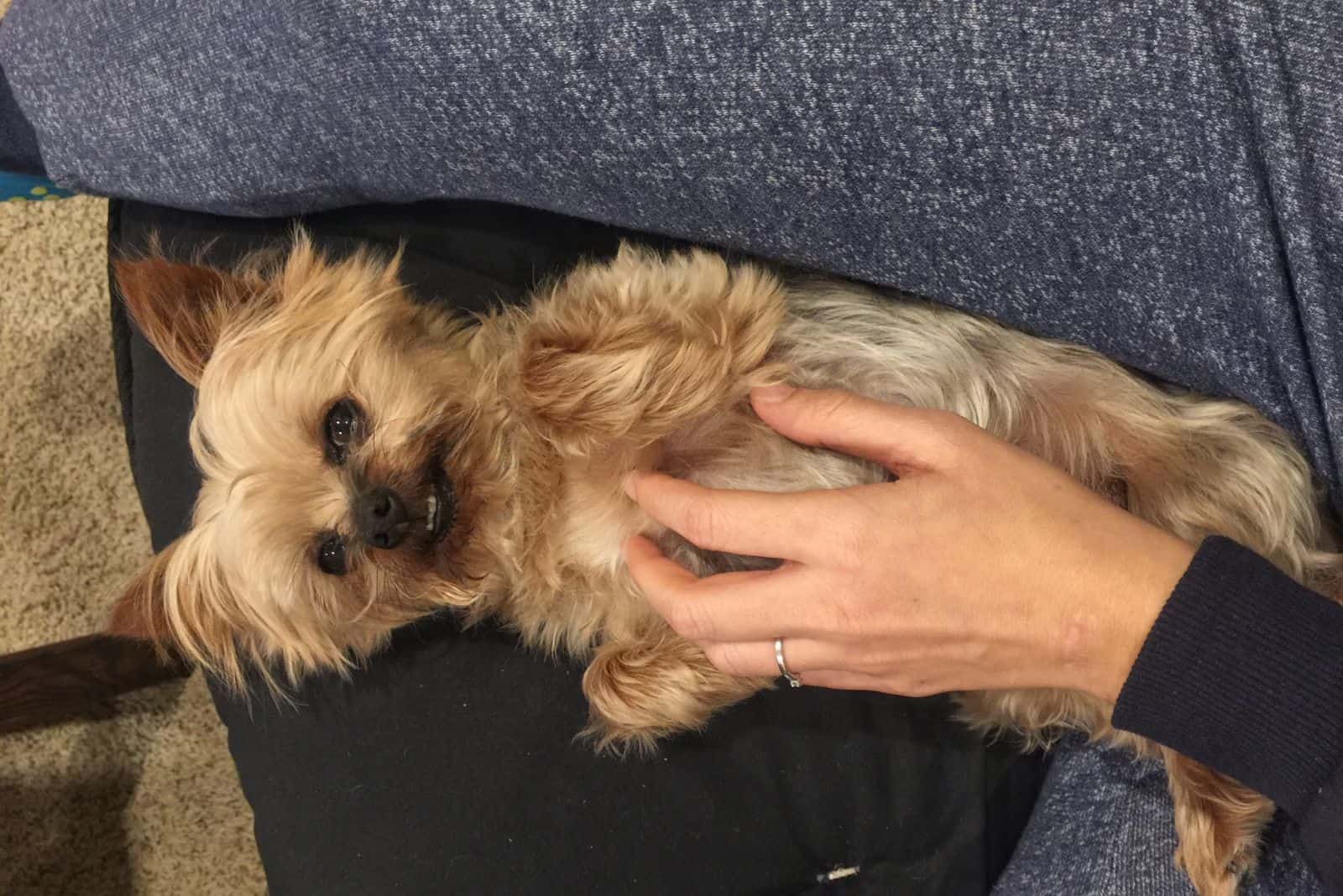
If only dogs could talk! Can you imagine all the things we could ask?!
Unfortunately, since they don’t have the ability for this kind of communication, we can only assume some things. It’s hard to say for sure why dogs like belly rubs so much, but we are pretty certain that we have some real good answers.
Let’s get right to it.
1) It’s A Comforting Action
In the January 2022 edition of the Waggin’ Tales magazine, Dr. Peter Brown, chief medical officer of Wagly, a veterinary hospital and pet campus, explains that belly rubbing is a comforting action and an opportunity for bonding with our pets.
Dogs are usually very affectionate, and they love being petted so much that most of them prefer their owner’s touch over treats, toys, and other rewards.
This is simply a part of our relationship with dogs, and since it brings them such happiness and comfort, there is no reason why we shouldn’t do it.
2) Modified Canine Behavior
The same edition of the magazine also offers another point of view regarding the origin of the belly rubbing behavior.
According to Christine Case, an anthrozoology instructor at Beacon College, humans have modified this kind of behavior over a thousand years of domestication.
Case believes that rolling on the back and belly rubbing is more like a submissive behavior that dogs have been trained to exhibit towards humans; thus, it is very difficult to determine whether dogs actually like the activity or not.
Michael Schaier, a certified professional dog trainer and author, agrees with Case, and adds the importance of affection as one of the greatest training tools.
According to him, back rolling is a submissive action that puts dogs in a very vulnerable position, but dogs have been bred for thousands of years to be social animals and coexist with humans.
3) Release Of Oxytocin
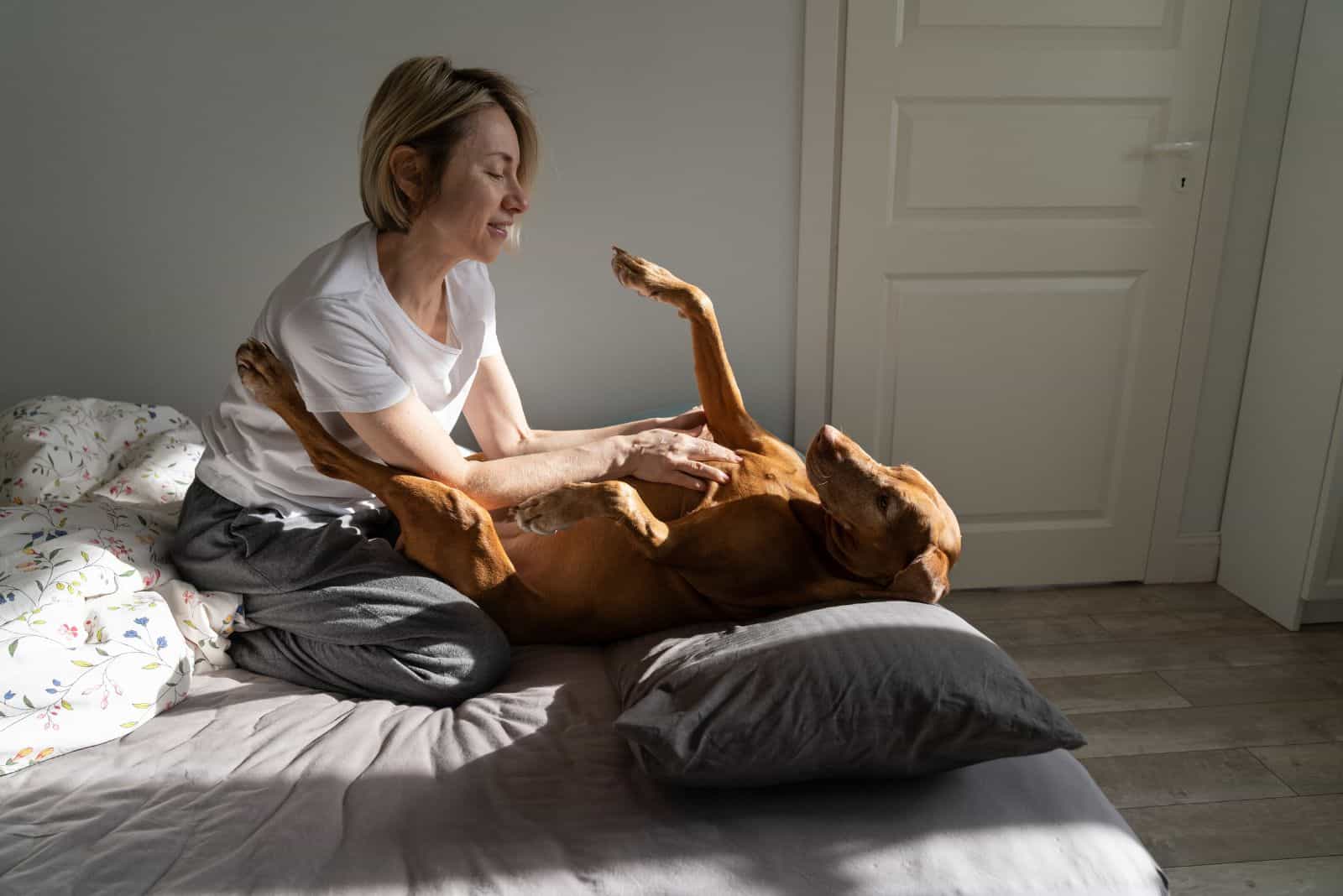
If we look at the biological reasons for why dogs like belly rubs, we have to mention the hormone, oxytocin, that is present in all mammals.
This hormone is known as the love drug and bonding hormone because when it is released, our ability to bond, empathize, and trust others is very heightened.
Usually, it is released through touch, which would explain the connection between belly rubs, oxytocin, and love.
Some studies have shown that oxytocin plays an important role in the human-dog relationship since both dogs and humans register an increased level of oxytocin after a petting or cuddling session.
Accordingly, the cortisol levels (the indicator for tension) are much lower after a similar experience.
4) A Rare Neuron Called MrgprB4+
No, it’s not a typo.
Researchers have found that a rare type of neuron called MrgprB4+ is specifically linked to hair follicles. Gentle touch of skin, such as stroking or petting in the case of dogs and cats, activates the said neuron and produces a pleasant feeling.
A dogs’ tummy has a lot of these sensitive hair follicles, which explains why belly rubbing feels so good, and why they like it so much. Humans also happen to have similar receptors on their body, which is why we also love a gentle touch and stroking.
Lesson #2: Do ALL Dogs Like Belly Rubs?
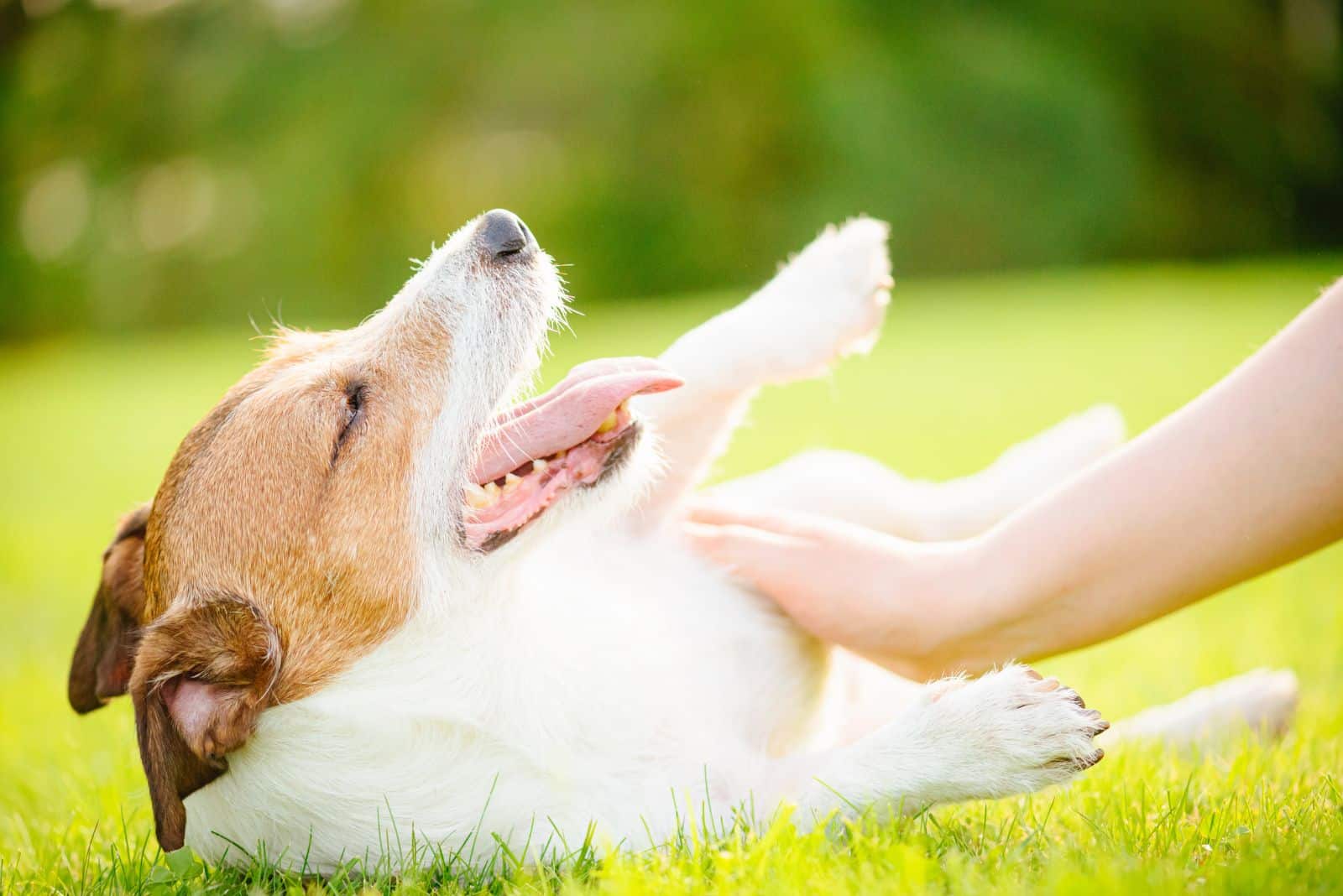
The truth is that not all dogs like belly rubs. Research has shown that dogs rolling on their back and exposing their belly is not always an invitation for a belly rub.
More dominant dog breeds, and those that were bred to be powerful guard dogs, might not enjoy belly petting, and see your attempts as a form of aggression, which can end badly for you. The key is to pay attention to the dog’s body language.
Related: Dog Tail Position Chart: A Guide To Dog’s Body Language
Some dogs will roll on their back as a tactical position, which is used to gain advantage in fighting, launch a playful attack, or evade a play bite to the neck.
Dogs also roll their back when the weather is hot because they are trying to cool themselves. Some adult dogs roll over as an invitation to play with puppies, while others roll on their back when they are threatened or afraid.
None of this is considered as “I want a belly rub” behavior, so you should always pay special attention to your dog’s behavior and body language.
“If a dog does not like to have its belly rubbed, it does not mean there is anything wrong — perhaps it’s just the dog’s preference. It’s up to the individual animal.” — Waggin’ Tales
Where Do Dogs Like To Be Petted?
Since a dog’s belly is usually their sensitive spot, I wouldn’t recommend starting a petting session with it, especially if you’re still trying to build your relationship with your dog.
If you get a dog’s permission, go for it; otherwise, there are some other places where dogs like to be petted. Typically, the following areas are safe: under the chin, the base of the neck, the chest, the lower back near the base of the tail, and the shoulders.
Recommended reading: 16 Telltale Signs A German Shepherd Is Dying
Lesson #3: Brush Up On Your Belly Rubbing Skills
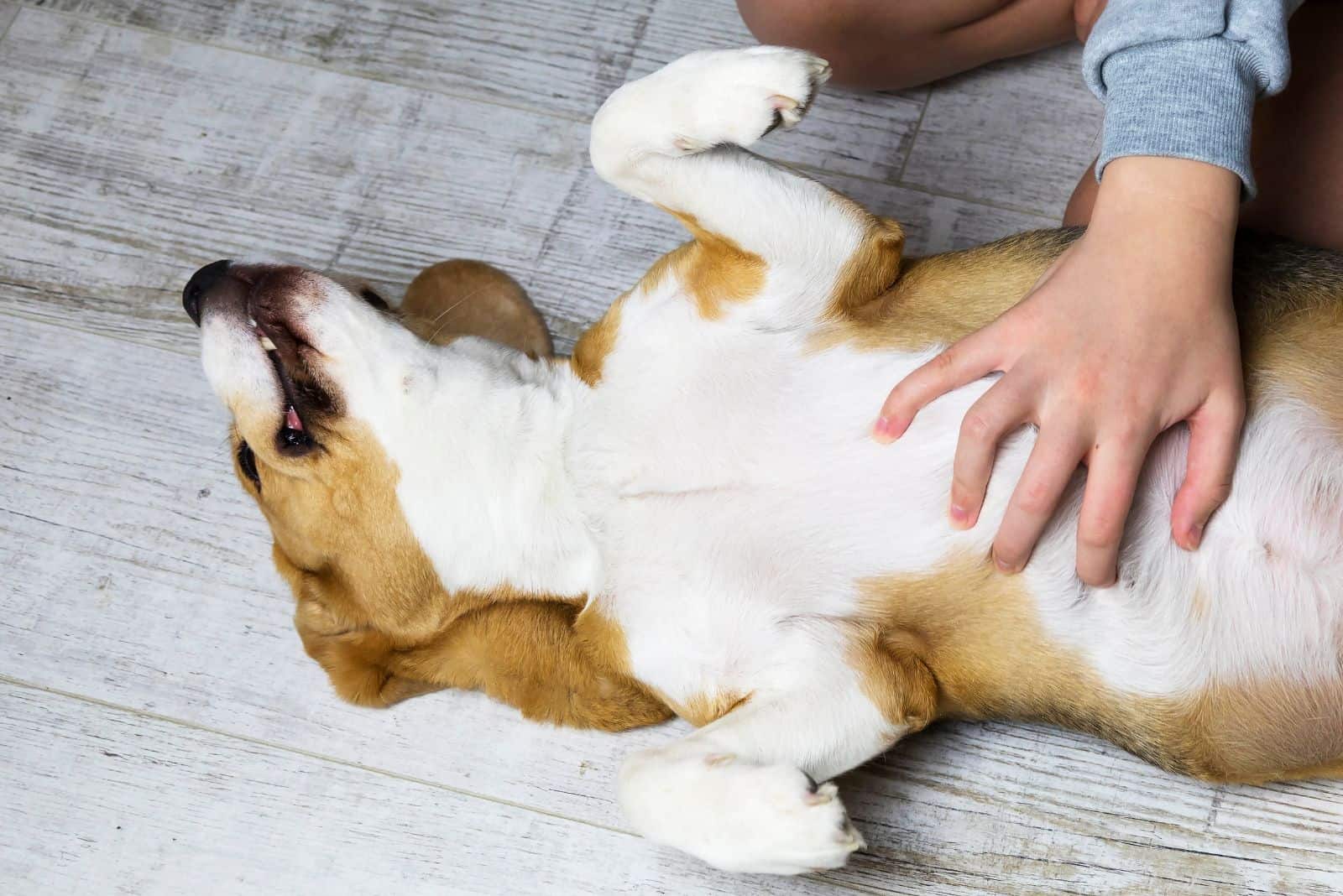
It is very important to know how to give a good belly rub that will satisfy your dog’s needs and bring him happiness.
So, how do you give a good belly rub?
First things first, you need to check your dog’s body language and see if he is asking for a belly rub. The following signs will be displayed by dogs that are asking for a belly rub:
- Body posture that is loose and wiggly
- Relaxed and open mouth with a flopping tongue
- Bright and open eyes that are not focused on anything in particular
- Relaxed and wagging tail
- Light panting sound or being quiet
You should never force belly rubs on your dog if he doesn’t want them. Respect his personal space, and don’t roll him on his back on purpose.
Get down to the same eye level. Kneel or crouch down, and try to keep your body language relaxed and loose. Dogs are excellent readers of our body language, and they will notice immediately if something is not alright.
Start with gentle rubs in circular motions or even open-palmed patting motions. Once you’ve rubbed your dog for a couple of seconds, stop and pay attention to what your dog does.
If he puts his paw on you, stays put, or shows some other approving signs, continue with the belly rubs; however, if he gets up and walks away or rolls back on his tummy, belly rubs are over.
Over time, you can experiment with different methods of belly rubs, such as mixing up tickling, rubbing, and patting motions, to see which one your dog likes the most.
In the end, you must always respect your dog’s wishes, never force anything on him, and always pay attention to him.
Read also: 7 Things Rottweilers Love With All Their Heart And Soul
To Conclude: Should You Give Your Dog Belly Rubs?
A thousand times… yes, but only if your dog gives you permission. If your dog is comfortable with belly rubs and keeps asking for them, there is no reason why you shouldn’t comply with it.
Most dog behaviorists agree with the notion that the greatest gift to your dog is the touch of your hand and your affection. It shows your dog that you love him and consider him a part of your family.
It makes them happy and healthy as well. Dogs that do not get proper attention and love are at a greater risk of developing depression or other anxiety disorders.
If your dog normally enjoys some belly rubs, but suddenly changes his behavior, it might mean that there is something wrong, such as a sore belly or some issue that is causing pain to your beloved pooch.
If you notice this sudden change in behavior, please consult your veterinarian and ask for some professional advice.
Other than that, keep up with the pawmazing belly rubs and spread the happiness.
Is your dog a fan of belly rubs? Let us know in the comments.
Read next: Why Does My Dog Lay His Head On Me – 9 Possible Reasons

